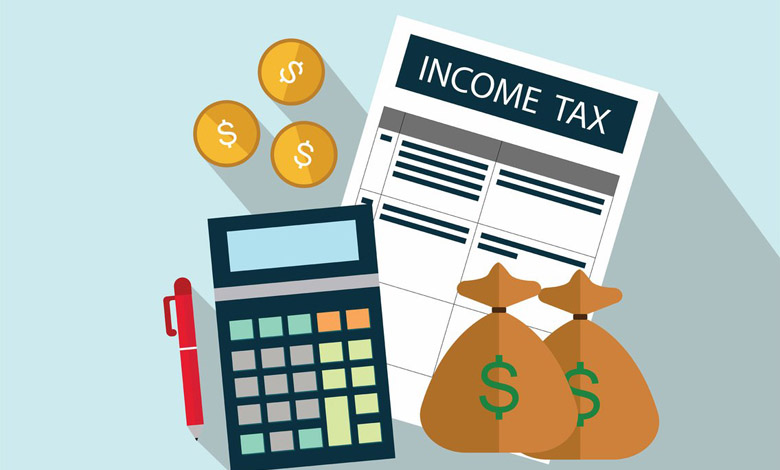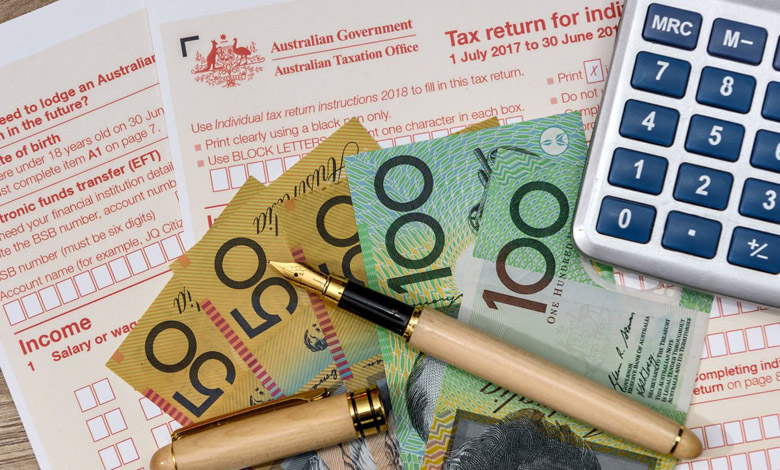Are you looking for a good way to earn some interest on your money? If so, it’s likely that you would have some interest in a tax lien sale. A property tax auction sells the liens on property owners’ estates if they haven’t paid their taxes. Once in delinquency, back taxes can result in the government placing a hold on the estate, which simply states that, should the property sell, they must be paid from the proceeds. It also gives the government the right to foreclose on the property if the sum is not paid within a set period of time.
Between the time when a lien is placed and when a tax auction is held, the government attempts to collect payment on the back taxes. Should that sum be paid off, the lien is lifted and the property owner is free from any further trouble. Should the tax remain unpaid, an auction is arranged, and investors are invited to register as bidders.
It is not the properties that are sold in these auctions, but rather the lien on the property. What this means for the investor is that the money paid up front, which is to cover the unpaid taxes and interest up to the point of the sale, is then reimbursed over time. There are two ways that this can happen. First, the property owner can pay off the debt to the new lien holder, plus interest (thereby making the investor a gain on the investment). Secondly, should the property owner fail to make the payments, the investor can file for a treasurer’s deed and take ownership of the parcel.
The government misses out on the interest paid, but receives money faster. In essence, the investor pays a loan to the government at a set interest rate. The only difference is that the collateral is a property, and the individual or organization making the payments on that loan is the property’s owner.
This is a win-win arrangement for government and investor. The latter is able to collect a decent return on his or her money – often sizable as the interest rates can range from ten to fifty percent, generally falling between ten and fifteen percent. Meanwhile, the government no longer has to rearrange the budget or face having to place higher taxes on those who do pay faithfully. With that money in hand in the moment, the government is able to allocate funds as planned.
Furthermore, the property owner often looks at this as a sort of blessing as well. Although the interest is high, this is a loan of sorts for him or her as well. When times are tough and money is tight, it may be necessary to skip certain financial obligations, or re-route one’s money (to the mortgage payments, for instance) and the time that is allotted for paying back the owed taxes is often enough to allow that person to get things straightened out. It is rare for a property to actually change hands.



